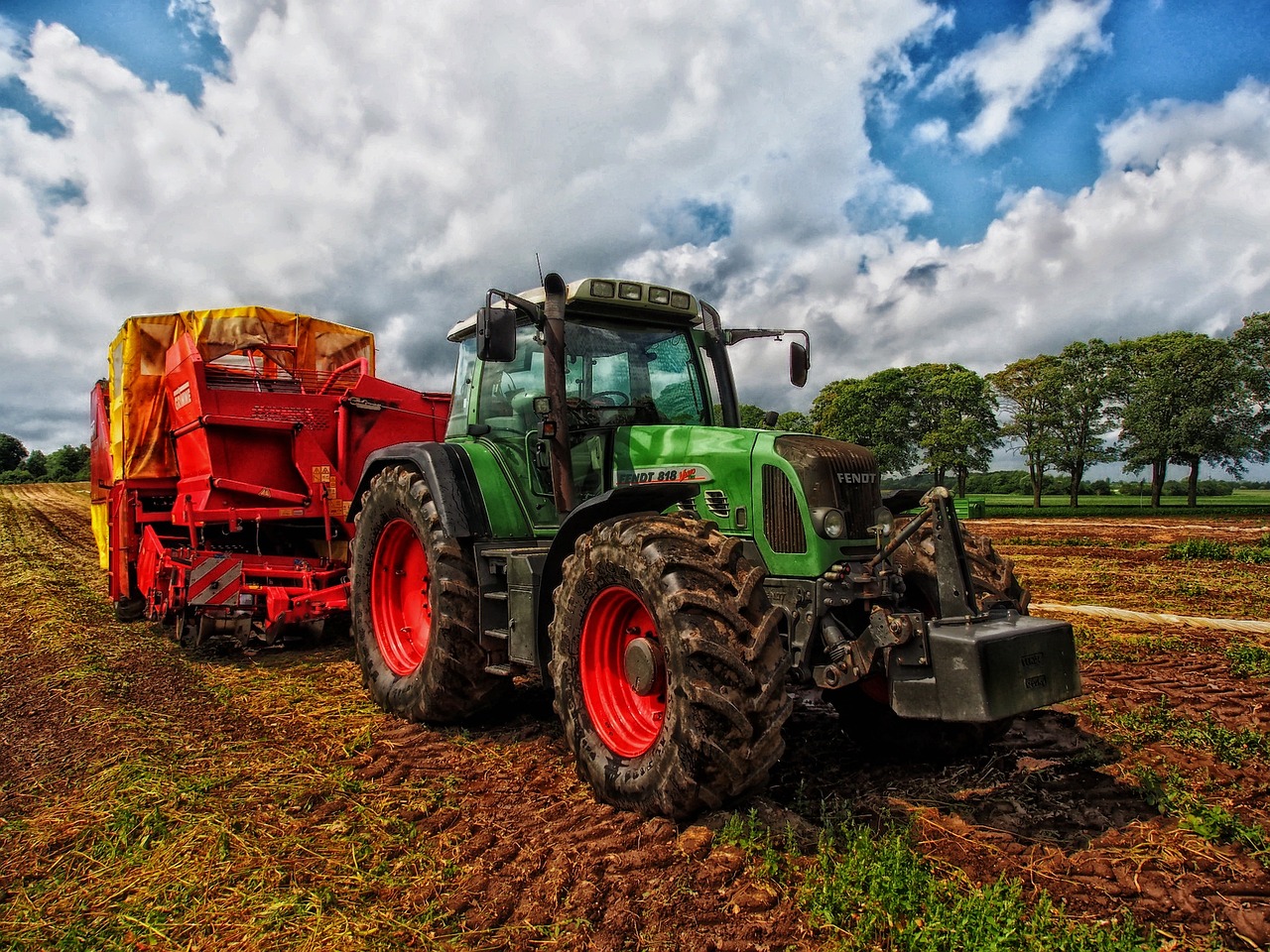How to Make Sure Your Farm Machines are Maintained
Agricultural equipment is essential to the efficient running of a successful farm. With more than 2.45 million agricultural units sold in 2020, farmers emphasize purchasing equipment that will stand the test of time.
Unfortunately, good equipment often fails to last the course because of poor maintenance. Proper maintenance protects your investment, ensures worker safety, and guarantees maximum efficiency.
Follow these tips to ensure your farming equipment remains in good working order.
What are the Most Common Issues with Farm Equipment?
Proper maintenance and preservation require a working knowledge of the most common issues that could cause issues with your machinery. Knowing what could go wrong will help you to understand what to look for before you spend money on bringing in a professional.
The most common issues to be aware of include the following:
- Limited Maintenance – Neglecting regular maintenance will come back to haunt you long-term. Improper maintenance is a proven way of causing your equipment to break down sooner than expected.
- Misuse – Misusing your equipment is one of the easiest ways to shorten its lifespan. Regular training and enforcement of rules and regulations on the farm are essential to preventing misuse.
- Wear and Tear – Wear and tear are unavoidable. However, good-quality machinery is designed to last for longer. Diligent maintenance can even allow machinery to exceed its expected lifespan.
These common issues aren’t just important for making the most of your equipment. Did you know that the agricultural industry has a fatality rate of 18 out of every 100,000 workers? A significant contributor is improperly maintained and low-quality equipment.
How to Correctly Maintain Your Agricultural Equipment
What’s the answer to confronting the most common threats to your equipment? Building a selection of simple maintenance measures into your daily schedule will enable you to get years more from your equipment.
Here are our top tips for maintaining your agricultural equipment.
Use Your Machines Properly
One of the most important things you can do is to use your equipment for its intended purpose. Putting unnecessary stress and strain on any aspect of your machinery can cause avoidable problems.
For example, if you have a John Deere sun shade canopy, avoid resting other heavy equipment on top of it. Likewise, don’t try to transport supplies by tying things to them, even if they happen to be light. Tractors can take massive loads, but using things like the canopy, roof, and cab for other uses will only cause damage over time.
Make sure anyone using your equipment knows how to use the machinery, as set out in the owner’s manual.
Keep Your Equipment Clean
Many people think that keeping your equipment clean is a matter of aesthetics. However, dirt and grime increase the odds of equipment malfunctioning in the long run. Moreover, these things can actually cause your equipment to run less efficiently.
Take steps to avoid dirt, dust, mud, and anything else from building up. Set up a cleaning schedule for all your machinery. When not in use, equipment should be stored underneath a covering.
Some of the regular cleaning tasks to consider include:
- Check and replace the filters
- Inspect the seals
- Pressure washing your equipment after use
- Keep your gears oiled
Know Early Wear and Tear Signs
Wear and tear are a natural part of owning agricultural equipment. Addressing the early signs of wear and tear immediately enables you to avoid smaller problems becoming larger problems.
There are certain parts of your machinery you must inspect more often than others, including:
- Bearings – Inspect the bearings before operating the machinery. The bearings should be firm and show no signs of movement. Also, make sure they’re well-greased.
- Belts – All belts must be tight and firm. Look for any breaks or cracks. Replace belts before they break to avoid significant damage.
- Chains – Machinery chains may be dirty, but they should have no signs of drooping, wear, or rust.
- Shafts – Bent shafts are a leading cause of equipment breakdown. Make sure they’re straight and firm.
- Sprockets – All sprockets should be tight. Slipping sprockets indicate the teeth may have worn away.
If you notice any of these problems, avoid operating the equipment and address the problem. These parts are completely replaceable and can get your machine up and running again.
Address Your Preventative Maintenance Schedule
Long-lasting equipment receives preventative maintenance as part of a defined schedule. Therefore, be proactive in your maintenance instead of reactive.
Formulate a plan for preventative maintenance for every piece of machinery. Your plan should include advance inspections and regular replacement of vulnerable parts.
Make sure you adhere to your maintenance calendar and stay on top of it. You may want to delegate this responsibility to a trusted manager or team leader.
Invest in High-Quality Agricultural Equipment
There’s no saving poor quality equipment. Farmers who want to save a dime will usually end up spending a dollar in the end. The quality of your equipment defines everything from its efficiency to how long it will last in the field.
The best equipment will last longer and require less downtime when maintenance issues arise. Purchasing new and pre-used equipment from reputable manufacturers will cost you more money, but it will also save you money.
Make sure you do your research when purchasing a new piece of equipment. Find out what other farmers say about the equipment’s quality before committing.
Conclusion
Agricultural equipment is the key to running any successful farm. Downtime can cost thousands of dollars, especially if that downtime is prolonged. Ensure that you take the time to monitor and maintain your equipment in accordance with a defined maintenance calendar.
Do so, and your equipment will reach its expected lifespan and may even exceed it.
What are your top tips for ensuring your equipment remains in the best possible condition?

